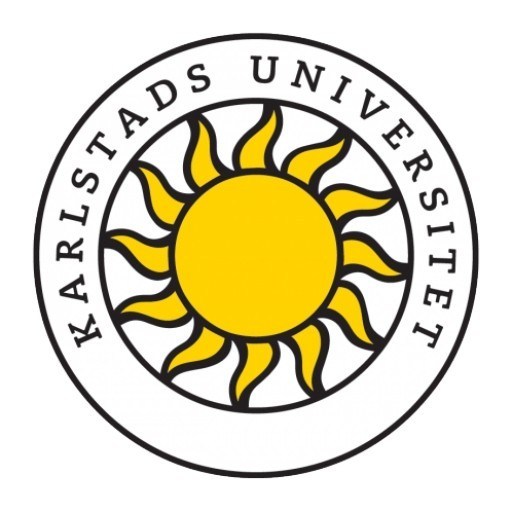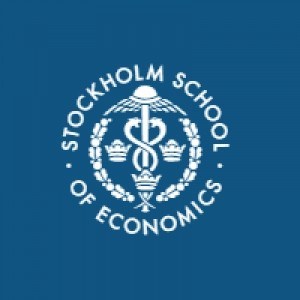Photos of university / #kingstonuniversity
Advertisement
The UK's media sector is extremely successful worldwide. Our advertising market is rated as the fourth largest in the world, producing world-class TV formats and output.
If you are currently employed in or would like to develop a career in advertising, the Advertising & the Creative Economy MA course is ideal. It will develop your creative skills while also giving you an overview of how to manage the industry effectively within the creative economy.
What will you study?
By the end of the course, you will be equipped with the leading-edge knowledge and practical skills needed to succeed in this area of the creative economy.
Whatever your current job within the creative industries and no matter how much experience you have or what size of organisation you work for, Kingston's creative industries programme is designed to suit you. We will provide you with the creative, leadership, entrepreneurship and management skills to succeed within the creative industries.
Are you a creative practitioner or manager in a creative enterprise?
Our creative industries programme has direct relevance for both perspectives and seeks to improve communication between them.
Are you just starting out in the creative industries?
If you are just starting out on your career, we will give you the opportunity to gain first-hand experience in a placement appropriate to your area of the industry.
Have you got years of experience?
If you have substantial experience, you will benefit from undertaking a personal project that will focus directly on your specialist sector and demonstrate your new skills and expertise to current or future employers.
Are you a creative entrepreneur or employed by a world-class organisation?
Whether you are in charge of your own small- or medium-sized enterprise (SME) or are working within a world-class organisation, our unique programme has a broad scope in its approach, putting enterprise and innovation into context
Please note that this is an indicative list of modules and is not intended as a definitive list. We teach the course via a learning agreement read more in the Learning agreement framework section.
In Part 1 of your course, you will study with students from across all the Creative Industries programmes. In Part 2 of your course, you will study alongside fellow students who have opted to work towards the same specialist discipline.
.module-description { display: none; }.module-title-link { display: block; } Part 1: core modules
* Design Thinking and Entrepreneurship in Practice
* Design Thinking and Entrepreneurship in Practice
This corner-stone module provides you with 'hands on' experience of life in the creative economy through working together to create, design and manage a viable creative enterprise project.
This creative project will form the context for subsequent learning throughout the course.
* Managing Creativity and Innovation
* Managing Creativity and Innovation
This module aims to develop your entrepreneurial management behaviours, encouraging an approach to learning that copes with and enjoys uncertainty, risks and complexity.
The core curriculum of this module will underpin the knowledge and skills required for The Creative Economy module.
* Leadership in the Creative Economy
* Leadership in the Creative Economy
This module encourages you to learn experientially about leadership through performance and develop conceptual understanding of creative leadership and how it differs from more traditional approaches.
Where appropriate, you will apply your learning to leadership roles in the creative project developed within The Creative Economy module.
* Contemporary Issues in the Creative Economy
* Contemporary Issues in the Creative Economy
This module offers a range of optional learning experiences to complement the three core modules above. These include areas such as:
* consultancy practice;
* cross-cultural management communication;
* creativity and consumption; and
* critical appraisal of the creative economy.
Specific learning outcomes for each student will be agreed with the course director, and may involve taught sessions, work-based learning, or a mixture of both.
Part 2: specialist modules
* Integrated Marketing Communications
* Integrated Marketing Communications
This module examines the strategic and operational issues involved in planning integrated communication campaigns.
It focuses on developing the skills and knowledge necessary for building effective communications plans and places a strong emphasis on new developments in the field. Areas of study will include:
* campaign planning, identifying target markets, research and positioning;
* media planning;
* the marketing communications industry;
* advertising;
* sales promotion;
* direct and database marketing;
* public relations;
* e-commerce; and
* other communications methods
* Global Marketing Management
* Global Marketing Management
This module studies the theory, practical application and issues relating to marketing management in a variety of contexts including both business and not-for-profit sectors.
It looks at how the marketing discipline is key to the long-term success of an organisation and develops expertise in the theory, analysis, planning and execution of marketing strategies. Areas of study include:
* techniques for analysing the marketing environment;
* segmentation, targeting and positioning;
* marketing business-to-business and business-to-consumer;
* issues relating to product development, branding, pricing and lifecycle; and
* issues relating to international marketing and business expansion in new territories.
* Strategic Brand Management
* Strategic Brand Management
This module introduces you to the often controversial theories relating to the concept of 'the brand' and to the strategic challenges faced by brands and by their managers. Class time includes a mixture of:
* formal lectures;
* video case studies; and
* seminars which may include class debates on pre-assigned 'hot issues' in branding and assessed group presentations.
Core and additional material, including streaming of videos watched in class, is provided via StudySpace. Such material is an integral part of the readings and preparation for the module and integrates the textbook.
* Advertising Strategy and Planning
* Advertising Strategy and Planning
This module focuses on the core features of the advertising function within the wider context of integrated marketing communications and marketing planning. The module incorporates theoretical and conceptual considerations with the operational aspects of advertising strategy and planning.
A combination of lectures, workshops, case study analysis and student presentations support the learning experience. Its is also supported by electronic learning.
Part 3: personal project (choose one)
* Dissertation
* Dissertation
Your dissertation will focus on your specialist interest in advertising and will be relevant to your own career needs and aspirations.
Under the supervision of Kingston's qualified staff, it will be designed to connect you directly with current practice and will enhance your employability.
* Innovative Project
Want to improve your English level for admission?
Prepare for the program requirements with English Online by the British Council.
- ✔️ Flexible study schedule
- ✔️ Experienced teachers
- ✔️ Certificate upon completion
📘 Recommended for students with an IELTS level of 6.0 or below.











